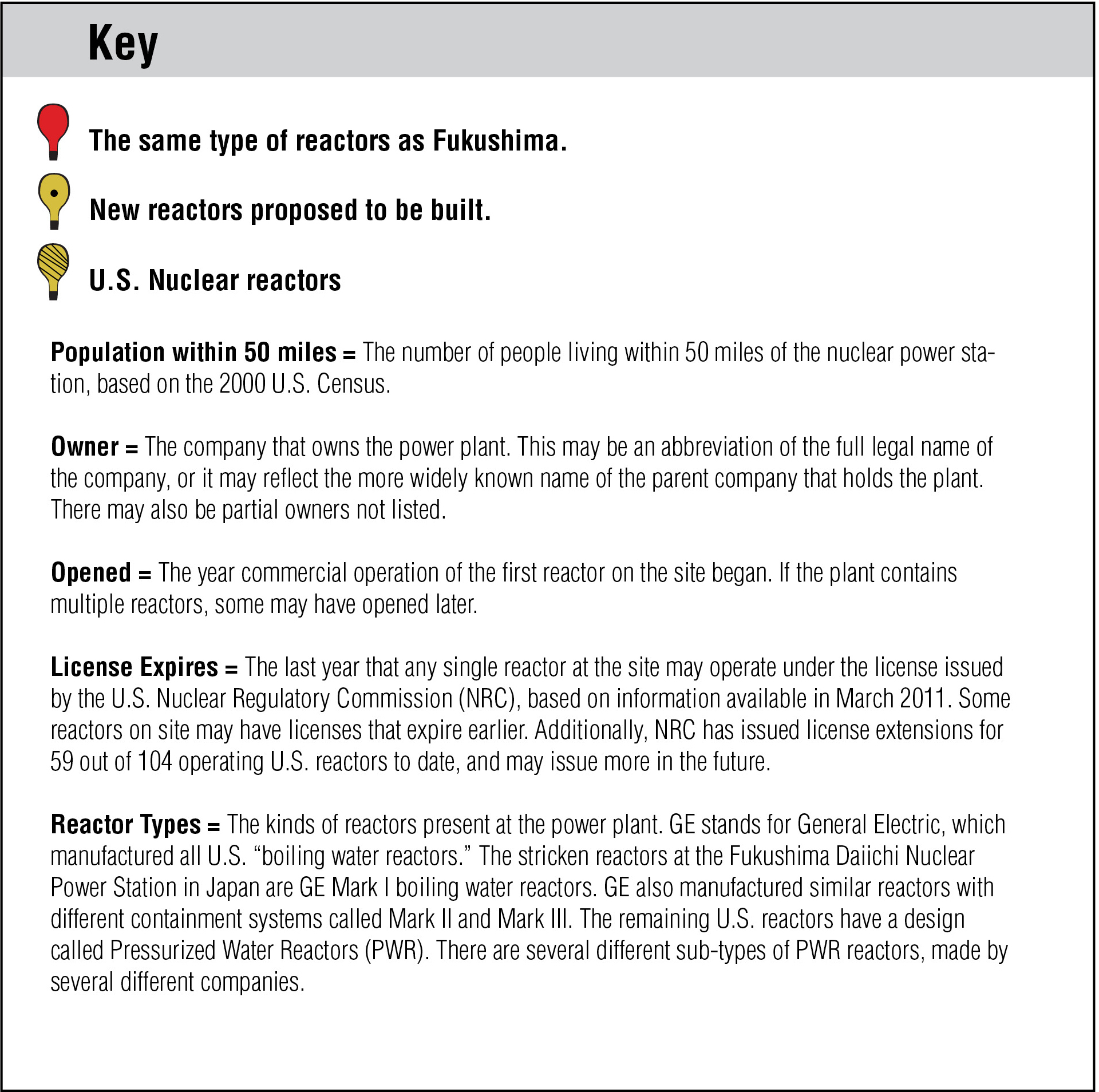Luke Metzger
Executive Director, Environment Texas
Executive Director, Environment Texas
Environment Texas Research & Policy Center
AUSTIN – The drinking water for 1.2 million people in Texas could be at risk of radioactive contamination from a leak or accident at a local nuclear power plant, says a new study released today by Environment Texas Research and Policy Center and the Texas Public Interest Research Group (TexPIRG). See map here, key below.
“The danger of nuclear power is too close to home. Here in Texas, the drinking water for 1.2 million people is too close to an active nuclear power plant,” said Luke Metzger, Director of Environment Texas. “An accident like the one in Fukushima, Japan or a leak could spew cancer-causing radioactive waste into our drinking water.”
The nuclear meltdown in Fukushima, Japan last year drew a spotlight on the many risks associated with nuclear power. After the disaster, airborne radiation left areas around the plant uninhabitable, and even contaminated drinking water sources near Tokyo, 130 miles from the plant.
According to the new report, Too Close to Home: Nuclear Power and the Threat to Drinking Water, the drinking water for 1.2 million people in Texas is within 50 miles of an active nuclear power plant – the distance the Nuclear Regulatory Commission uses to measure risk to food and water supplies. With an intake within 50 miles of the Comanche Peak nuclear plant, the city of Fort Worth ranked 10th in the nation for cities with water supplies at risk.
Radiation from a disaster like the one in Fukushima can contaminate drinking water and food supplies, as well as harm our health. But disaster or no disaster, a common leak at a nuclear power plant can also threaten the drinking water for millions of people. As our nuclear facilities get older, leaks are more common. In fact, 75 percent of U.S. nuclear plants have leaked tritium, a radioactive form of hydrogen that can cause cancer and genetic defects.
Local bodies of water also play a critical role in cooling nuclear reactors and are at risk of contamination. In the case of the Fukushima meltdown, large quantities of seawater were pumped into the plant to cool it, and contaminated seawater then leaked and was dumped back into the ocean, carrying radioactivity from the plant with it. The Colorado River provides cooling water for the South Texas Project in Texas and could be at risk.
“With nuclear power, there’s too much at risk and the dangers are too close to home. Texans shouldn’t have to worry about getting cancer from drinking a glass of water,” said Melissa Cubria, Advocate for TexPIRG.
The report recommends that the United States moves to a future without nuclear power by retiring existing plants, abandoning plans for new plants, and expanding energy efficiency and the production clean, renewable energy such as wind and solar power.
In order to reduce the risks nuclear power poses to water supplies immediately, the report recommends completing a thorough safety review of U.S. nuclear power plants, requiring plant operators to implement recommended changes immediately and requiring nuclear plant operators to implement regular groundwater tests in order to catch tritium leaks, among other actions.
“Our drinking water is too important to risk radiation contamination,” said Karen Hadden, Executive Director of the Sustainable Energy and Economic Development Coalition. “Texas should immediately abandon plans to expand the Comanche Peak and Glen Rose nuclear plants”.
Luminant has proposed building two new reactors at the Comanche Peak plant in Glen, Rose, Texas and NRG Energy has proposed building two new reactors at the South Texas Project in Bay City, Texas.
“There are far cleaner, cheaper, and less-risky ways to get our energy,” concluded state Representative Lon Burnam of Fort Worth. “Texas and the United States should move away from nuclear power immediately and invest in safer alternatives such as efficiency and wind and solar power.”
###
The Texas Public Interest Research Group Education Fund is a nonprofit, nonpartisan consumer advocacy group. Follow us online at www.texpirg.org/edfund
Environment Texas Research and Policy Center is a state-wide citizen-based environmental group working for clean air, clean water, and open spaces. www.environmenttexas.org

